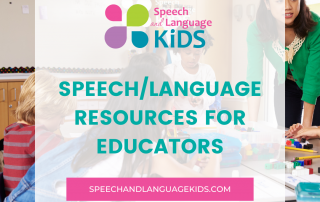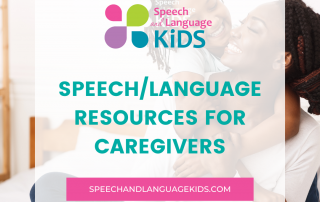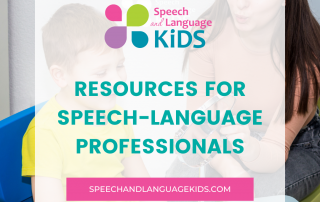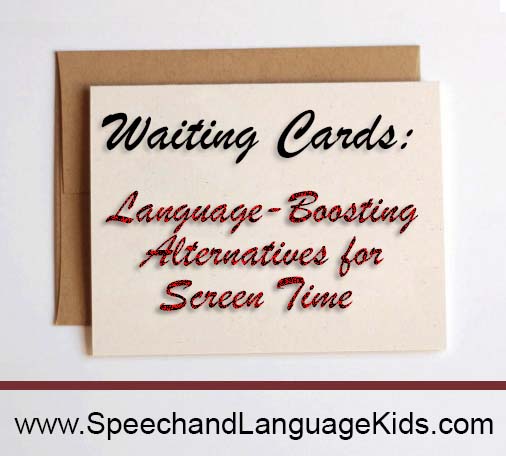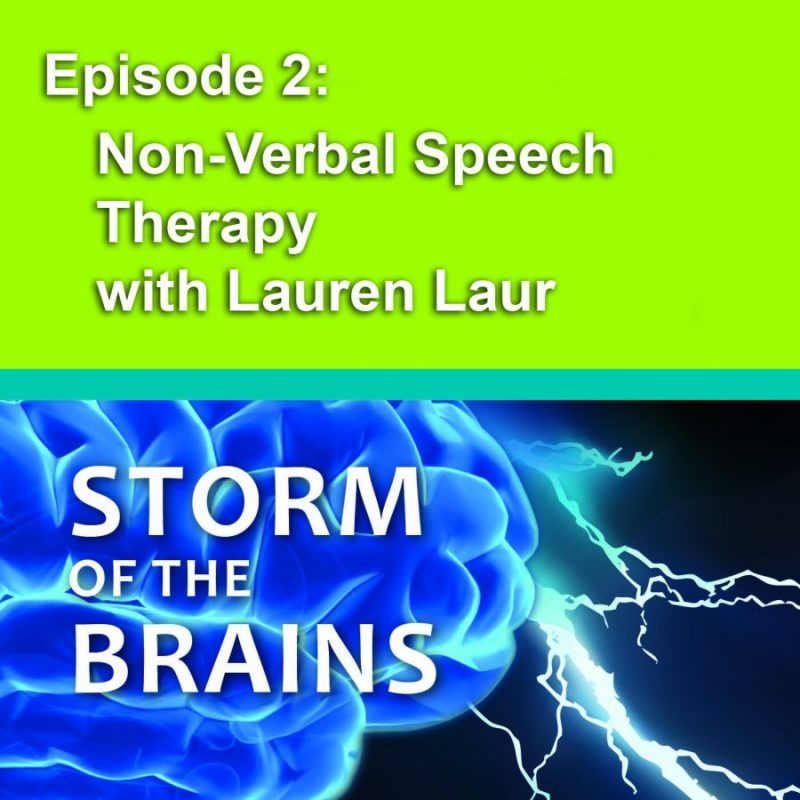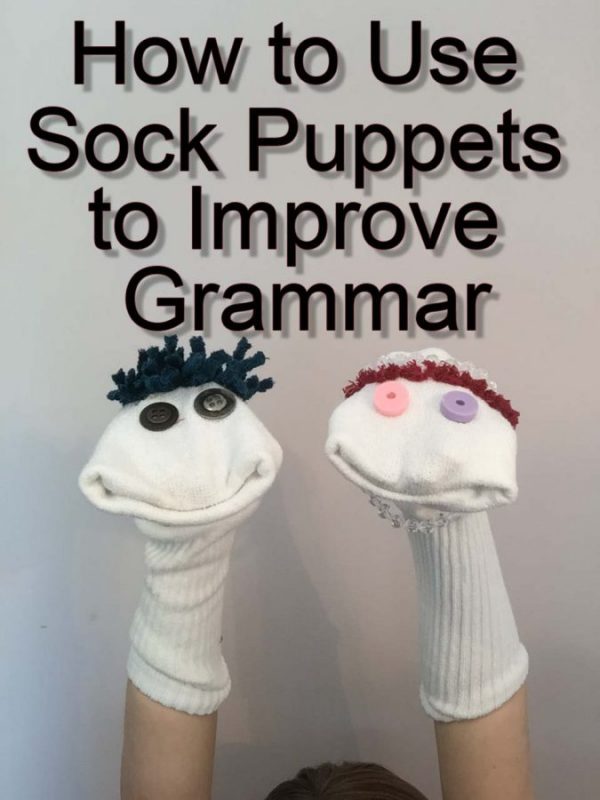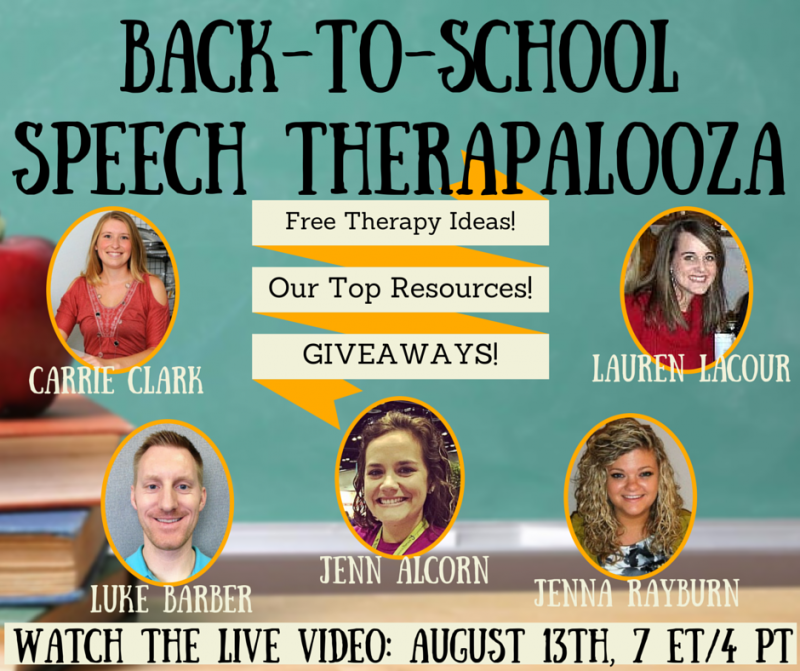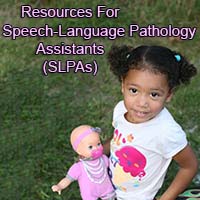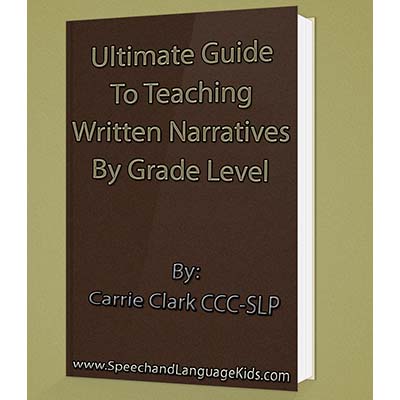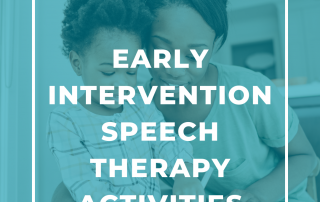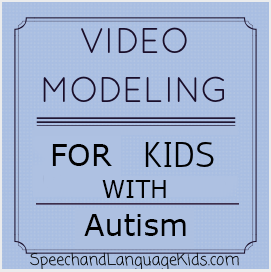Topic:
Resource Type:
Results:
Resources for Educators
Speech/Language Resources for Educators (Teachers, Special Educators, Therapists, Paras, etc.) Welcome to our speech/language resource page for educators! I don't know what your experience has been lately but it seems to me like more and more children are falling behind than ever before. Some of those children will
Resources for Caregivers
Speech/Language Resources for Caregivers (Parents, Grandparents, Nannies, etc.) Welcome to our speech/language resource page for caregivers! As a mom, I can say for certain that being a full-time caregiver of tiny humans is the hardest job I have ever done (including being a speech-language pathologist!). Helping a child
Resources for Speech Language Professionals (SLPs, SLPAs, SaLTs, etc.)
Resources for Speech-Language Professionals (SLPs, SLPAs, SaLTs, etc.) Welcome to our resource page for speech-language professionals! We are the speech-language pathologists, speech and language therapists, speech-language pathology aides, and other professionals who are working day after day to help children all over the world communicate effectively with those
Speech Therapy Goals for Autism: 5 Areas to Consider
Speech Therapy Goals for Autism: 5 Areas to Consider Autistic children and teens can benefit from speech/language therapy to boost their communication skills.But what goals should we write for these clients? This page contains suggestions for 5 different speech therapy goals for autistic children and teens. We'll walk you through
Speech Therapy Materials List | Speech and Language Therapy for Kids
Speech Therapy Materials List | Speech and Language Therapy for Kids What speech therapy materials do I need to work with kids? What are the must-have therapy materials for speech and language? On this page, we'll share our speech therapy material lists with the must-have resources for speech-language pathologists who work
Waiting Cards: Language-Boosting Alternatives for Screen Time
You’re driving in the car and your kid is growing antsy. Quickest solution: Hand him your smart phone! You’re waiting for your food a restaurant and the little ones are throwing the sugar packets at each other. Easiest solution: Turn on some cartoons on the tablet! It’s a rainy
SOTB2: Non-Verbal Speech Therapy with Guest Host Lauren Laur
Welcome to the second episode of Speech Therapy: Storm of the Brains! I'm your host, Carrie Clark and today I will be brainstorming therapy ideas for a non-verbal child who makes sounds but doesn't have any real words. Today I'm joined by my guest host, Lauren Laur from the Expressly Speaking Teachers Pay
How to Use Sock Puppets to Improve Grammar (Pronouns and Verb Tenses)
This fun therapy activity will let you work on grammar skills like pronouns and verb tenses while you’re playing with sock puppets. It’s cheap, it’s easy, and it’s SUPER fun! Check it out: Materials: Two Sock Puppets: Use tube socks and hot glue eyes and hair onto them. Make
Back-To-School Speech Therapalooza!!!
The Back-To-School Speech Therapalooza was a hit!! Watch the replay below and scroll down for the links: Carrie Clark www.SpeechAndLanguageKids.com How to Declutter and Organize your Speech Therapy Space Productivity (Computer) Tools for Speech Therapists Free Speech Therapy Games and Materials Become a Member of The Speech
Joint Attention Speech Therapy | Activities and Strategies
Joint Attention Speech Therapy | Activities and Strategies Hello? Can you hear me? What do we do if a child is not responding or even paying attention to us when we try to work with them? On this page, we'll share some activities and strategies that you can
Resources for Speech-Language Pathology Assistants (SLPAs)
What is an SLPA? **This first part is about the roles of an SLPA. For resources, materials, and support: scroll down! Here’s what the American Speech-Language Hearing Association (ASHA) defines as a speech-language pathology assistant (SLPA): “Speech-language pathology assistants are support personnel who, following academic coursework, fieldwork, and
Ultimate Guide to Teaching Written Narratives by Grade Level
Breaking Down the Common Core Standards for Working on Written Narratives The common core standards are the set of curriculum guidelines that the department of education has set forth as a method of making sure that all students are taught the skills needed to be successful in college or
Dyslexia Speech Therapy: How SLPs Can Help with Dyslexia
Dyslexia Speech Therapy: How SLPs Can Help with Dyslexia Children with dyslexia struggle to read even though they are bright and have had reading instruction. Speech therapy can help children with dyslexia by addressing underlying phonological and language challenges. On this page, we'll explain how speech-language pathologists
Echolalia: What is Echolalia and How Can We Help?
Echolalia: When Children Repeat what you Say (Speech Therapy Ideas) What if a child repeats questions instead of answering? What if they quote lines from a show or movie? What if they repeat things that they have heard others say? Well, this is called "echolalia" and it's how
Early Childhood Podcast Episode
More Resources for Speech-Language Pathologists: Looking for more therapy ideas and resources to help you provide the BEST services to your clients? Join us in The SLP Solution, our membership program for speech-language professionals! Inside the membership, you'll find: Step-By-Step Guides for teaching a variety of speech/language/communication skills Pre-Made
Early Intervention Speech Therapy Activities
Early Intervention Speech Therapy Activities How can we help little ones (birth - 3 years) learn to speak? How can we improve their social interaction skills and their ability to communicate their basic wants and needs? And how can we help reduce frustration for child AND parents?
Using Video Modeling For Kids With Autism
What is Video Modeling? Video modeling is a fun instructional technique where the child watches a video of himself or herself doing a desired behavior or skill. For example, let’s say Johnny always throws a fit on the way from the bus to his classroom at the beginning of
Figurative Language Examples and Speech Therapy Activities
Figurative Language Examples and Speech Therapy Activities Have you been bending over backwards trying to teach your students figurative language? Are they left high and dry when idioms are used in their classrooms? Well I’m going to take the bull by the horns and knock your socks off with
How to Teach a Child to Form Narratives
Summary: Explicitly teach narrative structure to children: Introduction: settings and characters Details/Body: Use first, next, then, and last to describe the details in order. Make sure the problem is presented in this section. The solution can go in here as well or in the next section. Conclusion: The
Phonological Awareness Hierarchy, Skills, and Goals
Phonological Awareness Hierarchy and Speech Therapy Goals Rhyming, alliteration, syllabification, blending, etc. These phonological awareness skills are crucial to literacy and reading success. This page will give you the hierarchy of phonological awareness skills and the order in which to teach them. Plus, we'll show you how to

